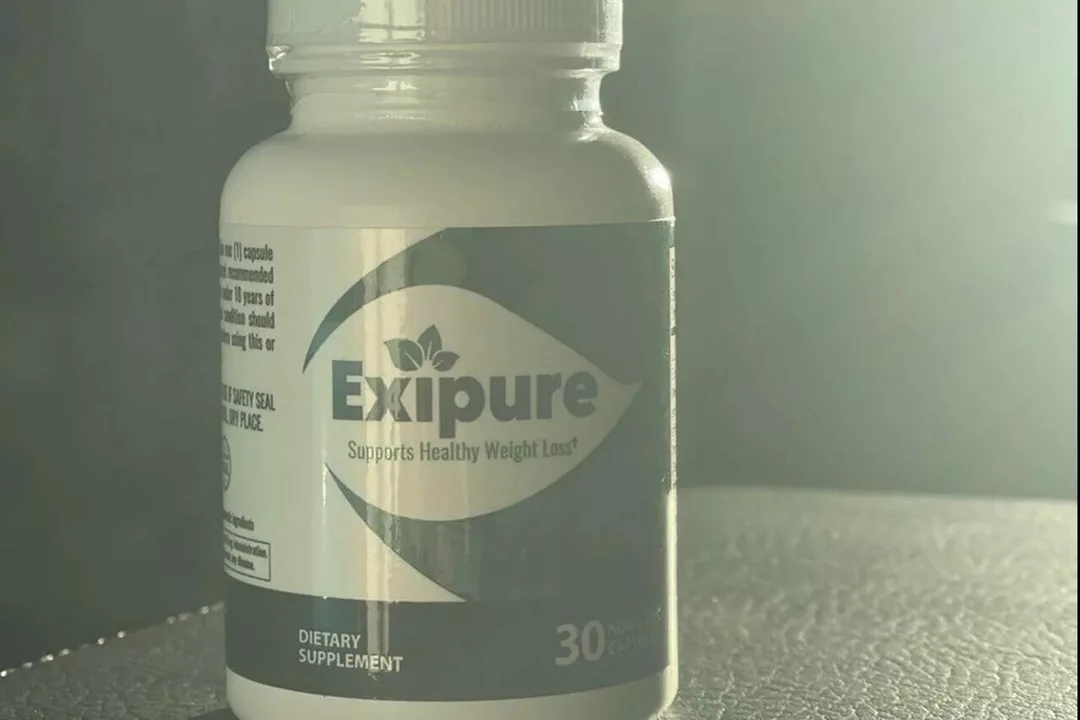Ambrette: What It Is and Why People Use It
Ambrette comes from the seeds of Hibiscus abelmoschus and smells warm, musky, and slightly floral. Perfumers prize it for that natural musk note, and people use ambrette oil in aromatherapy, DIY perfumes, and topical blends. If you like natural fragrances or want a warmer base note in your blends, ambrette is worth a look — but there are a few safety and quality details to know first.
Uses and practical tips
Ambrette oil is mainly a fragrance ingredient. You’ll find it in artisanal perfumes, body oils, and room sprays. In aromatherapy, it’s used for calming blends because many people find the scent grounding. For topical use always dilute ambrette in a carrier oil (like jojoba or fractionated coconut oil). A safe starting dilution is 0.5%–1% for facial products and 1%–2% for body oils. That’s about 3–6 drops per ounce (30 ml) of carrier oil for a 1% blend.
Do a patch test on your inner forearm: apply the diluted blend, wait 24 hours, and watch for redness or itching. If you plan to mix ambrette into a perfume, add it to the middle or base notes — it pairs well with florals, woods, and vanilla. Store the oil in a cool, dark place in a tightly sealed glass bottle to keep the scent stable.
Safety, who should avoid it, and buying tips
Ambrette is for external use only. Don’t ingest it. Pregnant or breastfeeding people, and anyone with sensitive skin, should talk with a healthcare professional before use. Some individuals can develop skin sensitization after repeated exposure to musky oils, so keep concentrations low and rotate your fragrances.
When buying ambrette, look for product labels that say "ambrette seed oil" or "absolut" rather than generic "musk fragrance." Pure ambrette is pricier than synthetic musks, so very cheap bottles often contain blends or artificial substitutes. If possible, buy from sellers who provide a Certificate of Analysis (COA) or clear sourcing info. Small-batch perfumers and reputable essential oil suppliers tend to be the most transparent.
If you want an alternative with a similar vibe, ambrettolide (a natural lactone found in ambrette) is often synthesized and sold as a musk note in flavor and fragrance industries. That’s fine for non-skin-contact uses, but check labels if you want the real seed oil.
Want more on natural oils and safe use? Check our guides on Cananga oil and Babassu for ideas on blends and carrier oils. If you ever plan to use ambrette for therapeutic reasons, ask a qualified clinician first — and keep your routine simple: dilute, patch-test, and buy good quality product. That way you get the scent you want without the surprises.

Revolutionize Your Diet with Ambrette: The Breakthrough Dietary Supplement for Enhanced Well-being
I recently discovered a game-changing dietary supplement called Ambrette that has completely revolutionized my diet and overall well-being. Packed with essential nutrients, Ambrette has not only helped improve my energy levels, but also boosted my immune system. It's amazing how this little supplement has transformed my daily life, reducing stress and even enhancing my mood. If you're looking to take your health to the next level, I highly recommend giving Ambrette a try. Trust me, you won't be disappointed!
View More